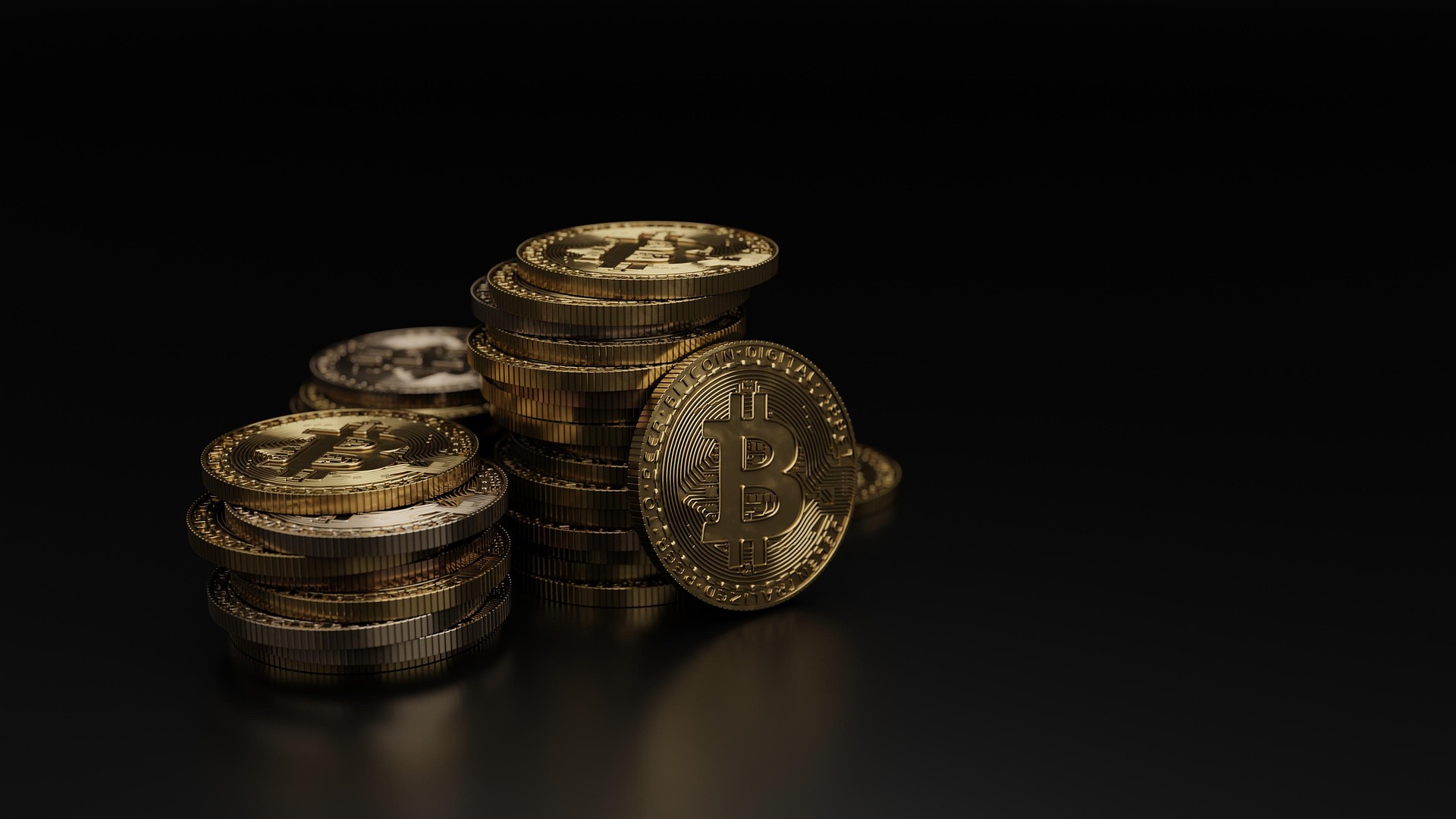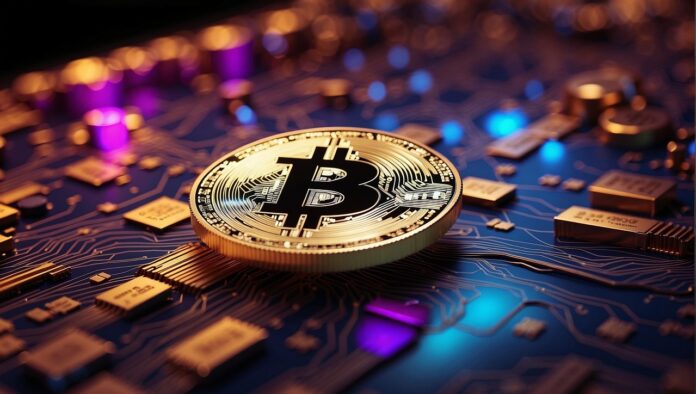As cryptocurrency markets continue to evolve in 2025, investors face the perennial question: where to put their money for the best returns? Two major contenders, Bitcoin and XRP, present distinct value propositions and investment cases.
The Cryptocurrency Landscape in 2025
The cryptocurrency market continues its maturation in 2025, with Bitcoin maintaining its dominant position at a market capitalization of approximately $1.9 trillion, representing over half of the entire crypto ecosystem’s value. Meanwhile, XRP holds its own with a market cap of around $131 billion.
Both cryptocurrencies delivered impressive returns in 2024, with Bitcoin rising 119% and XRP outperforming with a remarkable 235% gain. As of April 30, 2025, Bitcoin trades at approximately $95,050, while XRP is priced at $2.24.
The Case for XRP: Real-World Utility and Regulatory Clarity
XRP distinguishes itself from most cryptocurrencies with a clear practical use case. Created by Ripple, XRP powers a global payments network designed to help banks and financial institutions settle transactions directly without intermediaries.

Practical Application
The Ripple Payments network enables nearly instant cross-border transactions, with XRP serving as the standardizing medium. Transactions on the network cost just 0.00001 XRP (a minuscule fraction of a penny), making it substantially cheaper than traditional foreign exchange mechanisms.
Supply Structure
XRP has a fixed supply of 100 billion tokens, with approximately 58.4 billion currently in circulation. Ripple controls the remaining 41.6 billion tokens and gradually releases them to meet market demand.
Regulatory Breakthrough
A significant tailwind for XRP came in August 2024, when a judge ruled that XRP might only be considered a security in specific instances (such as when directly issued to banks) but not when used for transfers or traded on exchanges. While Ripple received a $125 million fine, investors viewed the overall verdict as a victory.
The SEC initially appealed this decision, but under the Trump administration, the case has been paused with intentions to reach a settlement. The appointment of Paul Atkins as SEC chairman on April 21, 2025, could further benefit Ripple and XRP, given Atkins’ background as co-chairman of the crypto advocacy organization Token Alliance and his advisory role at Securitize, a blockchain tokenization company.
Also Read: Will XRP Replace Bitcoin?
The Case for Bitcoin: The Digital Gold Standard
Bitcoin, unlike XRP, doesn’t have a specific utility function but has gained increasing credibility as a digital store of value, often described as “digital gold.”
Unique Characteristics
Bitcoin’s appeal stems from several distinctive qualities:
- Fixed supply of 21 million coins (to be fully mined around 2140)
- Fully decentralized structure with no controlling entity
- Track record of consistently reaching new all-time highs since its 2009 creation
Institutional Adoption
The approval of Bitcoin ETFs has been transformative, allowing financial advisors and institutional investors to gain exposure to Bitcoin through regulated vehicles rather than managing digital wallets. These ETFs have attracted approximately $110 billion in inflows, demonstrating significant pent-up demand.
Growth Projections
Cathie Wood of ARK Investment Management has projected Bitcoin could reach $3.8 million per coin by 2030 if institutional investors allocate 5% of their assets to Bitcoin ETFs. While this would give Bitcoin a market cap exceeding three times that of all above-ground gold reserves ($22.1 trillion), even matching gold’s market cap would translate to a Bitcoin price of approximately $1,052,000—still representing a 1,019% return from current levels.
The Strategic Bitcoin Reserve
A potentially game-changing development is the U.S. government’s creation of a Strategic Bitcoin Reserve, initially storing 207,189 coins seized from criminal enterprises. With Congressional approval, the government could eventually become an active buyer in the open market, similar to how it occasionally purchases gold—an unprecedented bullish catalyst.
Performance History and Market Trends
Both cryptocurrencies have retreated from their December highs as investors reduce exposure to risk assets amid economic and political uncertainty. However, their historical performance patterns differ significantly:
- Bitcoin has consistently established new all-time highs throughout its existence.
- XRP hasn’t reached a new record high since 2018, with even the recent post-election rally falling short.
The Verdict: Which Is the Better Buy?
While both cryptocurrencies have compelling cases, Bitcoin appears to be the stronger investment for 2025 and beyond, particularly with the establishment of the U.S. Strategic Bitcoin Reserve.
A critical distinction lies in adoption dynamics. XRP was designed for the Ripple Payments network, but banks can utilize the network’s benefits without necessarily using XRP. This means the success of Ripple Payments may not directly correlate with XRP’s value, which could be driven more by speculative interest than actual utility demand.
Also Read Biggest Crypto Scam Red Flags in 2025
Bitcoin, conversely, has continually strengthened its position as a digital store of value, with growing institutional acceptance and potentially unprecedented government support. As the world’s largest economy potentially becomes an active buyer, Bitcoin’s long-term outlook appears remarkably strong.
Want real-time updates on Bitcoin, Ethereum, and blockchain trends? Crypto News Today delivers breaking crypto news, expert insights, and price movements to keep you informed.




